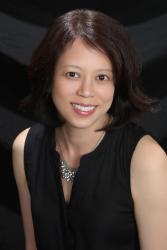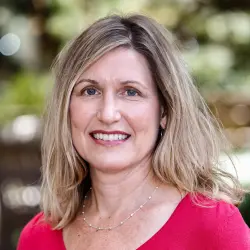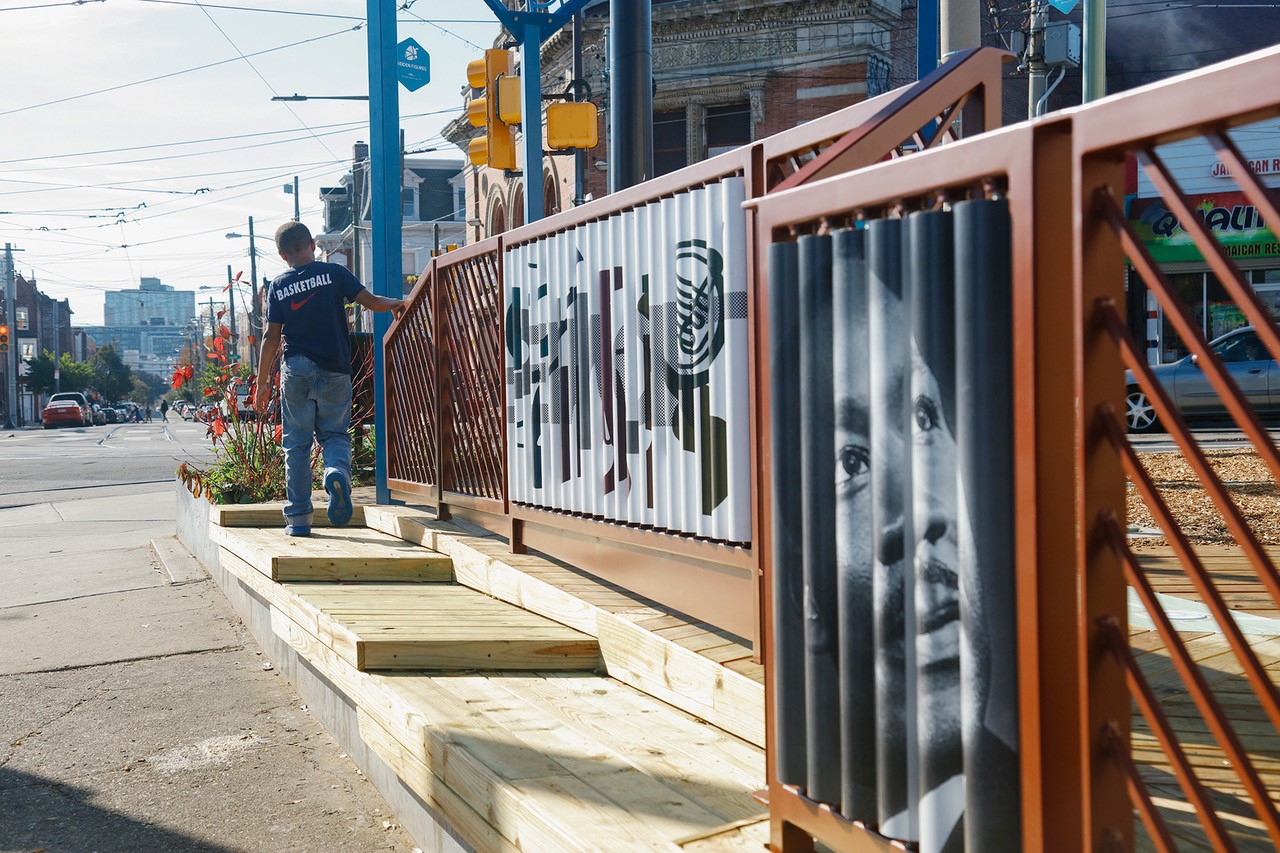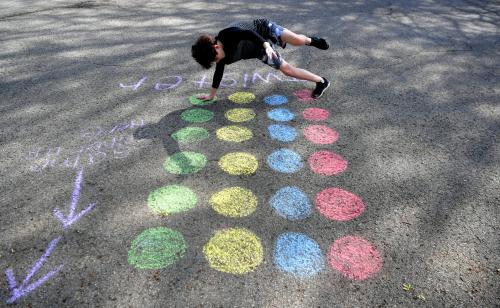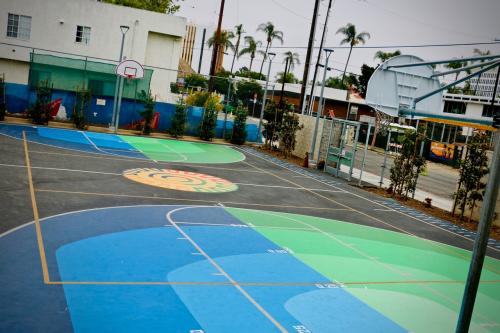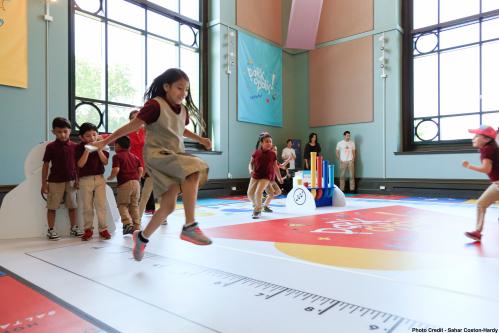The COVID-19 pandemic has affected almost every aspect of daily life, but presents an added burden on children and families. Closures of schools and child care facilities have had dramatic impacts on the lives of children and put a strain on caregivers to meet children’s developmental needs at home. This in combination with economic instability and social isolation is a recipe for toxic stress, which can have long-term negative effects on brain development and health.1 These cascading effects of the pandemic are widespread, but are disproportionately affecting families living in communities challenged by decades of discrimination and disinvestment—and are very likely to widen already existing educational equity gaps in worrisome ways.2
Prior to the onset of the pandemic, children typically spent only about 20 percent of their waking hours in the classroom.3 Even so, policymakers and educational leaders have invested most of their time and resources on top-down reforms to improve access to and quality of formal learning spaces (e.g., classroom instruction). If such efforts—though vital—were too narrow previously, COVID-19 makes it even more apparent that children need a wider range of enriching learning opportunities, including in the places they go every day. This is particularly true for children in under-resourced communities, who may have limited access to music lessons, summer camps, children’s museums, and other educational activities and environments outside of school. Given what we know about the importance of healthy and positive child-caregiver interactions for child development and the long-term effects of quality early learning experiences on economic mobility, this puts these children at a significant disadvantage relative to their higher income peers.4
As cities plan for what will be a drawn-out and uncertain recovery process, we hope they can use this guidance to engage communities around a more expansive vision for how and where learning takes place—and to build stronger, more resilient communities in the decades to come.
As cities and regions look to “build back better” in the wake of COVID-19, it is imperative that they consider a far more holistic approach to child development that addresses the inequities in our current systems. This means supporting new and creative ways to foster and sustain learning beyond the classroom, including in public spaces where children spend time waiting—like bus stops or laundromats—or go on a regular basis to purchase food and other essentials. One innovative approach to bringing education into the public realm is through playful learning—child-directed activities that often include learning goals initiated or designed by an adult.
This paper is intended to help better explain the process of designing, implementing, and maintaining playful learning programs and installations that encourage the development of critical skills and child-caregiver connections for all children, but especially those living in underserved neighborhoods. It begins by describing Playful Learning Landscapes (PLL)—an initiative that uniquely marries the science of learning with urban design and placemaking to support adult-child interaction and neighborhood engagement in places where children and families regularly spend time. The paper then summarizes key takeaways from 14 interviews with national nonprofit organizations and city and community leaders who champion playful approaches to building more child-friendly cities; it outlines five steps cities can take to adopt and scale playful learning in their communities.5 These include:
- Coordinating within and across city agencies to support the design and integration of playful learning efforts into new and existing programs and projects;
- Collaborating with national organizations, many of which are already deeply engaged with local philanthropic, civic, and neighborhood groups to support playful learning;
- Meaningfully engaging with the community to understand their needs and preferences, foster neighborhood trust and cohesion, and ensure local buy-in;
- Sharing information in a clear and concise way using a variety of venues and formats; and
- Streamlining and simplifying processes to more seamlessly embed playful learning in urban planning and design decisions.
As cities plan for what will be a drawn-out and uncertain recovery process, we hope they can use this guidance to engage communities around a more expansive vision for how and where learning takes place—and to build stronger, more resilient communities in the decades to come.
Photo credit: Sahar Coston-Hardy
-
Footnotes
- Jack P. Shonkoff, Andrew S. Garner, Benjamin S. Siegel, Mary I. Dobbins, Marian F. Earls, Laura McGuinn, John Pascoe, David L. Wood, Committee on Psychosocial Aspects of Child and Family Health, and Committee on Early Childhood, Adoption, and Dependent Care. “The lifelong effects of early childhood adversity and toxic stress.” Pediatrics 129, no. 1 (2012): e232-e246.
- Iqbal, Syedah Aroob, Joao Pedro Azevedo, Koen Geven, Amer Hasan, and Harry A. Patrinos, “We should avoid flattening the curve in education – Possible scenarios for learning loss during the school lockdowns.” 2020. https://blogs.worldbank.org/education/we-should-avoid-flattening-curve-education-possible-scenarios-learning-loss-during-school.
- Meltzoff, Andrew N., Patricia K. Kuhl, Javier Movellan, and Terrence J. Sejnowski. “Foundations for a new science of learning.” Science 325, no. 5938 (2009): 284-288.
- Elango, Sneha, Jorge Luis Garcia, James J. Heckman, and Andres Hojman, “Early childhood education,” IZA Discussion Papers, No. 9476, Institute for the Study of Labor (IZA).
- The interviews explored the participants’ perspectives on how public, private, and civic sectors support and advance playful learning approaches, drawing from their experiences in Philadelphia, Pittsburgh, Detroit, Baltimore, Chicago, Milwaukee, and Tel Aviv.
